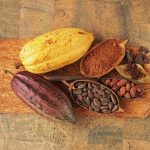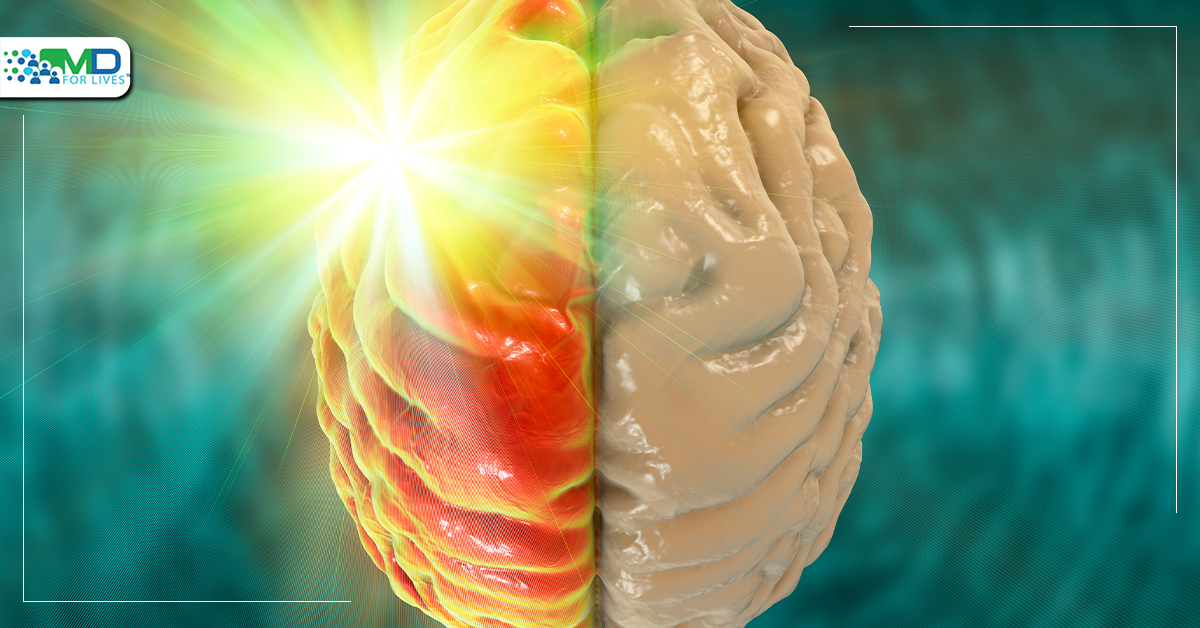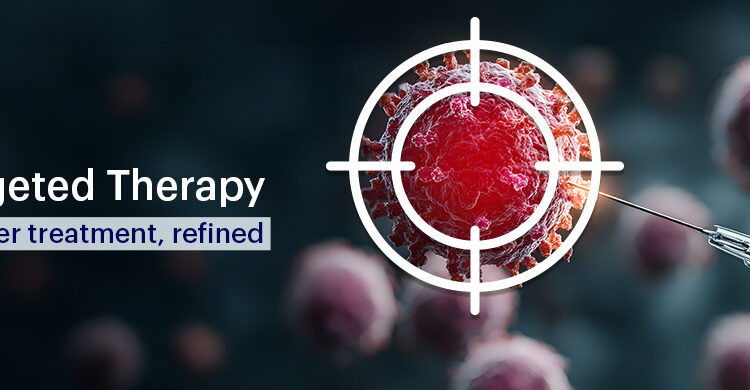Breast cancer is one of the most common forms of all existing cancers and is spreading rapidly, becoming increasingly common. In the United States alone, it is estimated that every 1 out of 8 women is likely to develop this deadly disease in their lifetime. Researchers all around the world are involved in understanding the underlying causative factors and finding advanced treatment options for breast cancer. (1)
Several factors in our body influence our healthy living. One such entity is the microbiome, the bacteria that live in our body. Although extensive research has been done on the gut microbiome, researchers have long suspected the existence of a microbiome within the breast tissue. Researchers of the Cleveland Clinic have taken the first step in analysing the composition of the bacteria in breast cancer. This was done by comparing the microbial differences between healthy individuals and breast cancer patients (1).
The study analysed tissues from 78 breast cancer patients that had undergone mastectomy for invasive carcinoma or elective cosmetic breast surgery. In order to make the research more authentic they also examined oral rinse and urine to determine the bacterial composition of these distant sites in the body. The results showed that the bacterial species Methylobacterium was present in higher amounts in healthy breast tissue. This study also highlighted the difference between other bacterial species between healthy people and breast cancer patients. Urine analysis revealed that cancer patients had higher levels of gram-positive bacteria, including Staphylococcus and Actinomyces, than healthy individuals. The study was published on Oct. 5, 2017 in the journal Oncotarget (1).
According to the co-senior author Charis Eng, MD, Ph.D., chair of Cleveland Clinic’s Genomic Medicine Institute and director of the Center for Personalized Genetic Healthcare, this is the first study to examine both breast tissue and distant sites of the body for bacterial differences in breast cancer. He said that “Our hope is to find a biomarker that would help us diagnose breast cancer quickly and easily. In our wildest dreams, we hope we can use microbiomics right before breast cancer forms and then prevent cancer with probiotics or antibiotics.”(1)
The hypothesis leading to the study was that gut microbiome modifies estrogen levels contributing to breast carcinogenesis. There is thought to be a connection between high-fat, low-fiber diets and breast cancer, as also antibiotic exposure and breast cancer. (2)
Dr. Stephen Grobymer, MD, co-senior author and section head of Surgical Oncology and director of Breast Services at Cleveland Clinic said “If we can target specific pro-cancer bacteria, we may be able to make the environment less hospitable to cancer and enhance existing treatments. Larger studies are needed but this work is a solid first step in better understanding the significant role of bacterial imbalances in breast cancer.” (1)
The findings of the study give a whole new perspective on cancer and its causes and larger studies might pave the road for identifying an actual cause.
References
- Cleveland Clinic. (2017, October 6). Breast cancer linked to bacterial imbalances: Study compares bacterial composition in healthy vs. cancerous breast tissue. ScienceDaily. https://www.sciencedaily.com/releases/2017/08/170828102728.htm
- Hannah Wang, Jessica Altemus, Farshad Niazi, Holly Green, Benjamin C. Calhoun, Charles Sturgis, Stephen R. Grobmyer, Charis Eng. Breast tissue, oral and urinary microbiomes in breast cancer. http://www.sciencedirect.com/science/article/pii/S0955286317302279?via%3Dihub







